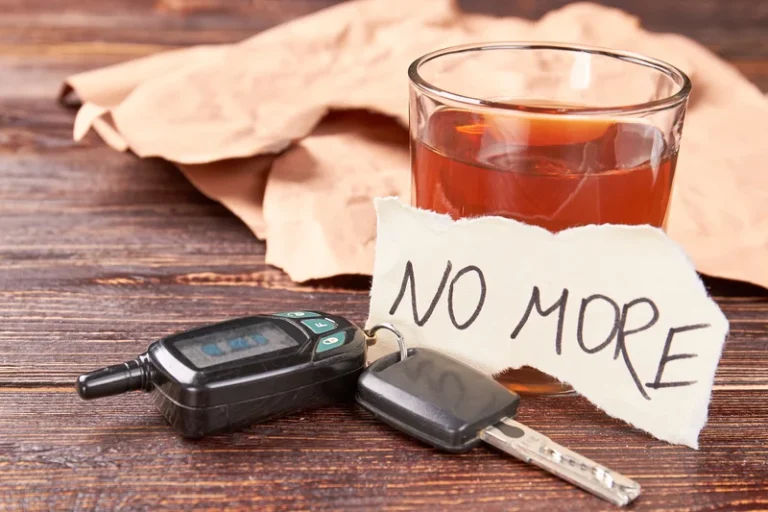How to Deal with Anger & Irritability When Quitting Drinking

In addition, alcohol abuse and addiction can result in poor anger management skills. Alcohol use disorder (AUD) is one of the leading causes of the global burden of disease and injury (WHO), despite the continuous discovery of novel pharmacotherapeutic agents (Pakri Mohamed et al., 2018). Various factors such as environmental, social, situational, and cultural context have distinctive consequences toward substance use and its effects on individuals (Latkin et al., 2017). Violence related to substance use has been widely reported and studied, particularly the potential for violent outcomes between the different substances of use (Duke et al., 2018). To date, very few studies have tested the gender difference hypothesis using both the male and female subjects. Generally, men have recorded higher activation of the amygdala (McRae et al., 2008) and the PFCs (Rahko et al., 2010) during emotional reactions.
- Most of these treatments come from the framework of cognitive behavioral therapy (CBT).
- For those who are suffering from alcoholism and anger psychotherapy might be the best option.
- Anyone who’s lived with an alcoholic parent, partner or other close family member understands all too well what happens when their loved one’s personality changes suddenly as soon as they have a drink or two.
Why Does Drinking Release the Rage? Understand Alcohol-Related Anger and Aggression
Furthermore, individualized treatment plans should encompass a thorough examination of the role of alcohol and anger in the individual’s everyday life. By assessing the individual’s specific needs, circumstances, and underlying anger and alcoholism triggers for alcohol use and anger expression, treatment can be customized to address these factors effectively. Ensuring personal safety should be the primary concern when managing anger in intoxicated individuals.
Alcohol Disrupts Executive Brain Functions
This post covers the range of problematic alcohol use from pre-addiction to AUD. In early sobriety, physiological changes in the brain and body can exacerbate feelings of anger and frustration. The absence of alcohol, previously used by many as a coping mechanism, exposes the nervous system to a new state of equilibrium, often resulting in heightened emotional sensitivity. This adjustment period can lead to increased irritability and anger due to the brain’s efforts to rebalance neurotransmitters like serotonin and dopamine, which are involved in mood regulation.
- The studies reviewed included a total of 10,189 participants, representing a variety of ages, genders, cultures, and ethnicities.
- Ashwood Recovery, located in Boise, Idaho, provides outpatient treatment for co-occurring disorders, individual alcohol counseling, and family counseling.
- In fact, it’s the relationship alcohol shares with the brain that often causes people to experience things like rage and irritability while drinking.
- Additionally, there is evidence that chemical and biological factors play a role.
- These days, people who misuse alcohol can enroll in various treatment programs, whether you choose the 12-step approach or decide to enter residential treatment.
- When it comes to anger specifically, people may experience a phenomenon called “alcohol myopia” in addition to their already heightened emotions.
Disruption to emotional regulation
In a British prison sample, over a third of male homicide offenders had consumed alcohol and were considered drunk at the time of the offense and 14.0% had been using drugs (Dobash and Dobash, 2011). Learning to be more responsible for your actions takes time, but it’s a necessary step for individuals who have alcohol and anger management problems. As you become more self-aware, you’ll make better choices about alcohol consumption.


These medicines can help reduce the negative side effects of detoxification and withdrawal. Domestic violence is a very dangerous potential result of alcohol abuse. A 2017 study showed that men under the influence of alcohol had higher rates of physical and sexual aggression. Sometimes, drinking alcohol can cause people to become an “angry drunk”. I’ve observed this pattern over several decades in helping clients deal with anger.
- The limbic system is responsible for our reactions to perceived threats.
- While many people use alcohol as a way to unwind and relax after a tough day, or as a way to get together with friends and enjoy a night out, not everyone is a “happy drunk”.
Vaping Vs. Smoking: The Long-Term Side Effects


Comments (0)